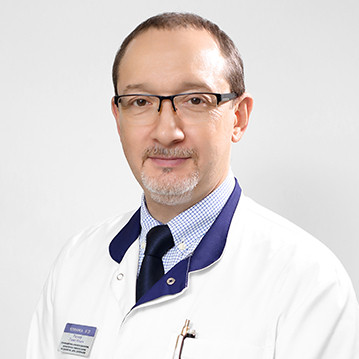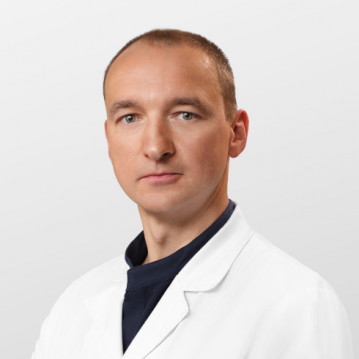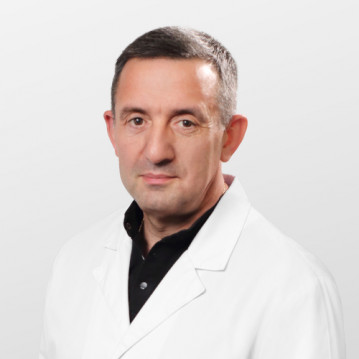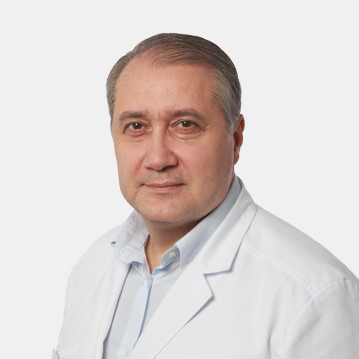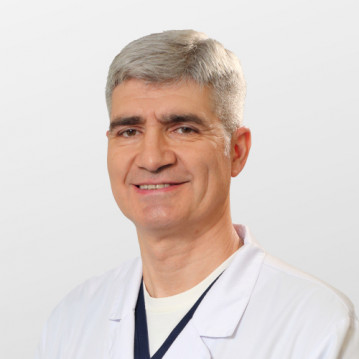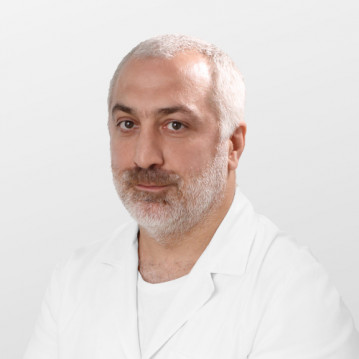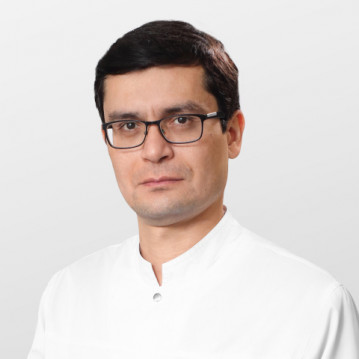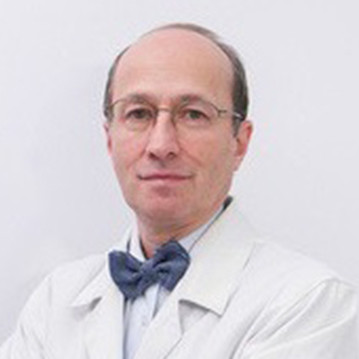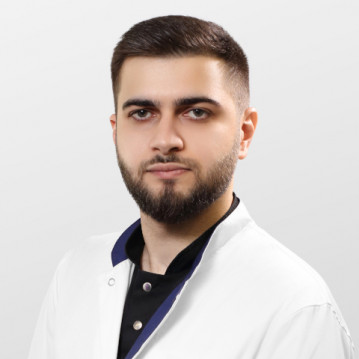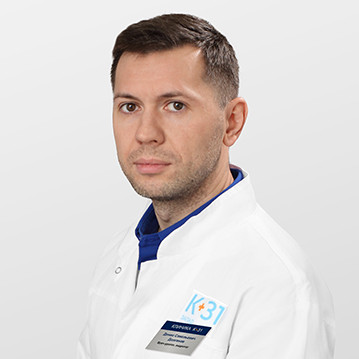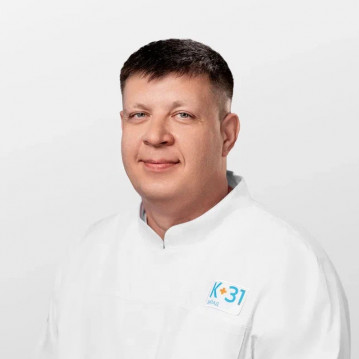Many men face the problem of sexual disorders. Sexual impotence can lead to deep depression, a severe psychological state, loss of self-esteem, disharmony of family and intimate relationships. The appearance of such a violation requires timely diagnosis and adequate therapy.
Qualified specialists of the K + 31 Medical Center with extensive practical experience use innovative equipment and unique techniques, restoring men's health and self-confidence to patients.
What is sexual dysfunction
The smooth muscles of the cavernous bodies of the penis and the walls of arterial vessels perform the main function in erection and in its subsequent decline after ejaculation. The muscles of the penis in a relaxed state are under the influence of the sympathetic nervous system. During sexual arousal, nerve impulses contribute to the production of neurotransmitters and the corpora cavernosa increase in size. As a result of the difference in the amount of inflow and outflow of blood, the pressure in the bodies increases, which causes an erection.
Sexual activity depends on the level of dopamine- and serotonin-like substances, which have a stimulating and depressing effect, respectively. Violation in any part of a complex process can lead to problems with erection.
What is impotence in men? So it is customary to call failures in intimate life. In a state of impotence, a man is not able to perform a full-fledged act under any circumstances.
Erectile dysfunction is a long-term, single or periodically repeated violation of potency, that is, the inability of a man to achieve and maintain an erection.
Reasons
Any factors that cause a decrease in blood flow to the cavernous bodies of the penis can lead to erectile disorders.
Violation is most often a manifestation of various somatic diseases, pathologies of the urogenital area, etc.
The main causes of sexual dysfunction include:
- Diseases of the cardiovascular system: angina pectoris, arterial hypertension, arrhythmias, atherosclerosis, previous myocardial infarction, stroke.
- Endocrine: thyroid dysfunction, diabetes, obesity, hypogonadism, etc.
- Traumatic injuries. Rupture of the urethra, fracture of the pelvic bones, the consequences of surgery on the prostate gland can cause persistent erectile dysfunction.
- Neurological diseases: multiple sclerosis, herniated discs, peripheral neuropathies.
- Malignant neoplasms of different localization.
- Other somatic pathologies: chronic obstructive pulmonary disease, kidney, liver failure, etc.
In chronic prostatitis, dysfunction is caused by circulatory disorders, hypotestosteroneemia, and psychogenic factors that form the failure expectation syndrome. Age-related decline in testosterone levels is important.
Unfavorable environmental conditions, increased background radiation, harmful working conditions, alcohol abuse, psychoactive substances, side effects of medications, and smoking have a negative impact.
The causes of impotence of a psychogenic nature are:
- self-doubt, fear of failure;
- frequent conflicts with a partner;
- psycho-emotional stress, constant traumatic situation, stress;
- chronic overwork, which can cause general exhaustion of the body.
Often, erectile dysfunction is a symptom of depressive, anxiety and psychotic disorders.
Signs of impotence
Depending on the mechanism of development, several types of this disorder are distinguished.
Neurogenic impotence occurs against the background of cerebrovascular pathologies, spinal cord injuries, diseases of the central and peripheral nervous system.
Psychogenic potency problems can be temporary or permanent.
Among the early symptoms of sexual dysfunction:
- weak erection at any time;
- reduction of manifestations of orgasm or complete disappearance;
- decreased libido;
- premature ejaculation;
- reducing the amount of sperm.
Subsequently, at later stages, there is an inability to achieve the necessary tension of the penis, to keep it in a state of erection, complete impotence is possible.
The lack of effective treatment can lead to undesirable consequences: absolute inability to achieve even minimal penis tension, infertility, chronic stress, mental disorders.
